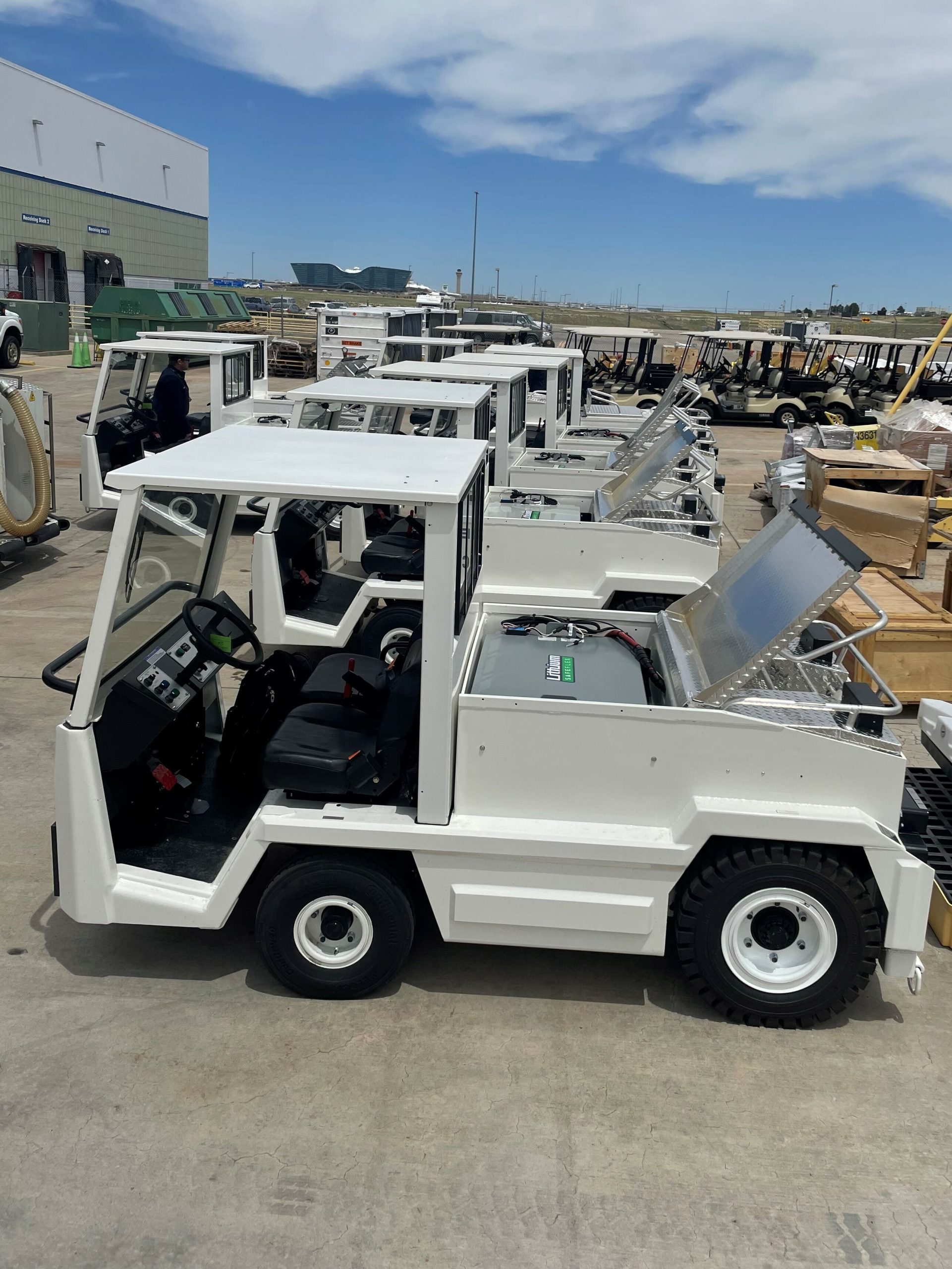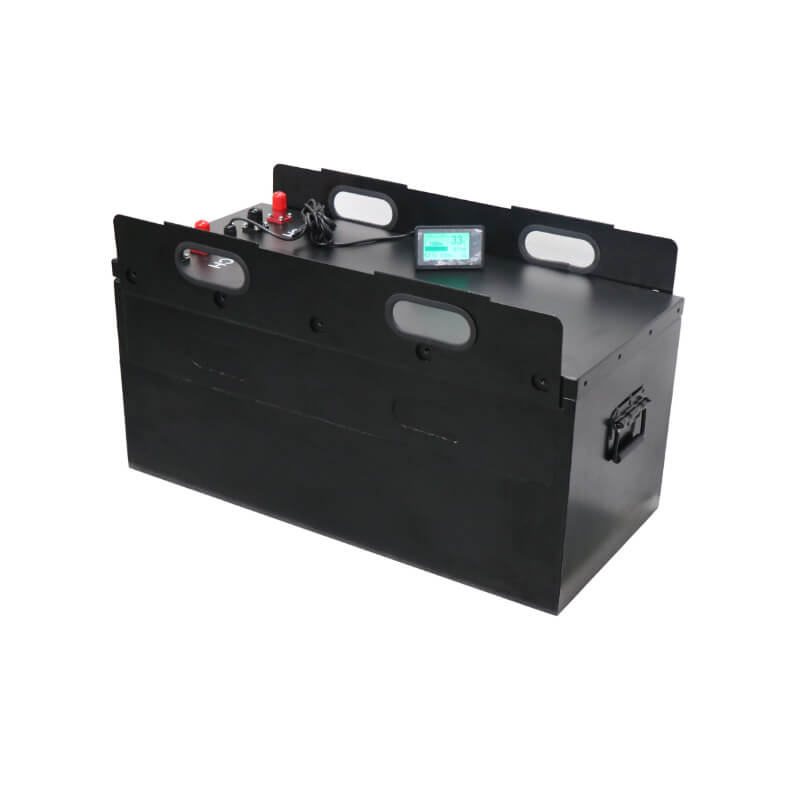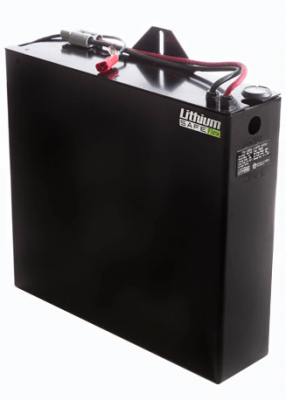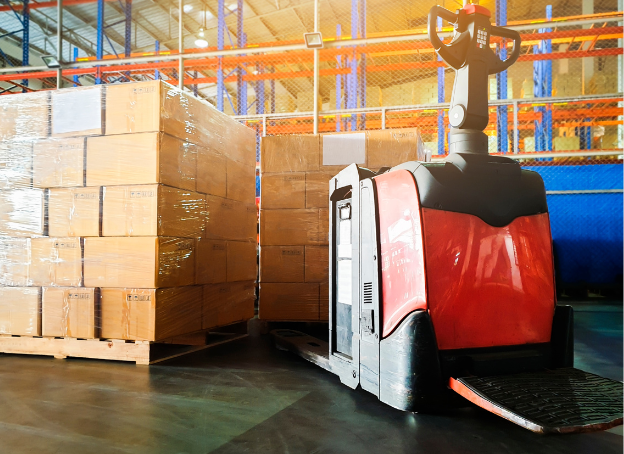Green Cubes Technology’s Director of Marketing, Robin Schneider, joins Chris Notter and the EVA Showcase Podcast to discuss the future of lithium-ion batteries in ground support equipment (GSE). Robin shares insights on how Green Cubes has led the charge in the development and manufacturing of efficient, environmentally friendly lithium-ion batteries. We dive into the key differences between lead-acid and lithium-ion technology, the adoption of greener solutions in airports, and the challenges and benefits of implementing lithium-ion in GSE. Tune in to learn more about how these advancements are shaping the future of aviation support.
ABOUT GREEN CUBES TECHNOLOGY
Green Cubes Technology is a leading provider of innovative battery solutions, with over 35 years of experience in design and manufacture. Our commitment to sustainability and operational efficiency drives us to develop cutting-edge products that meet the evolving needs of various industries, including ground support equipment.






